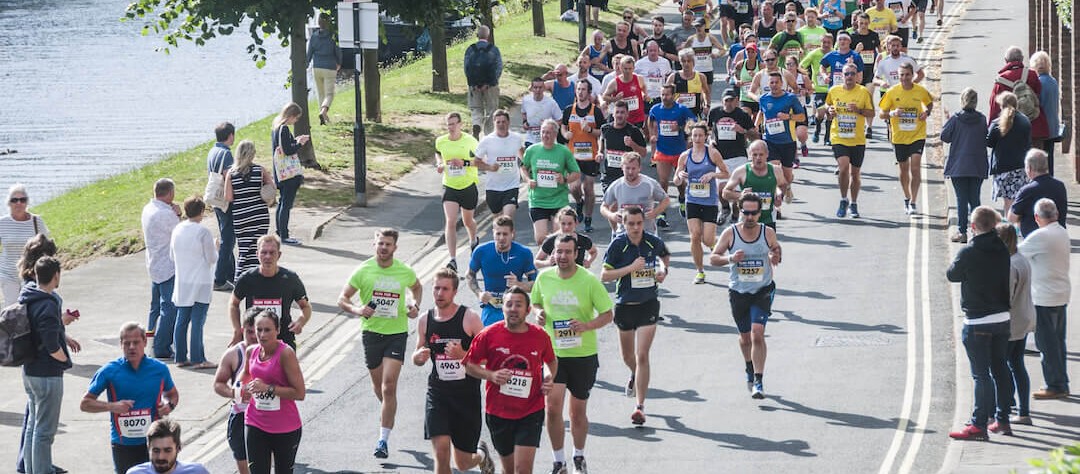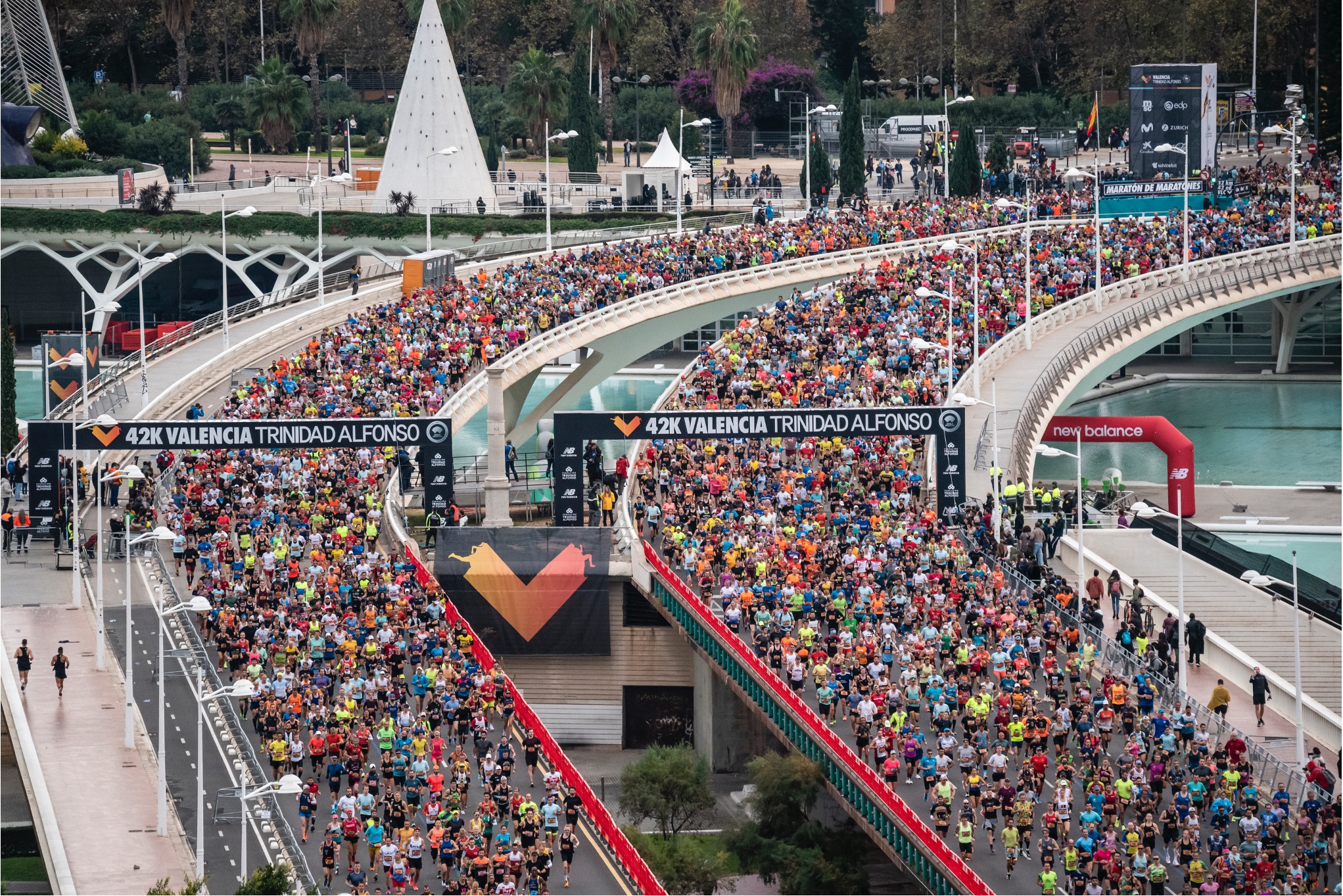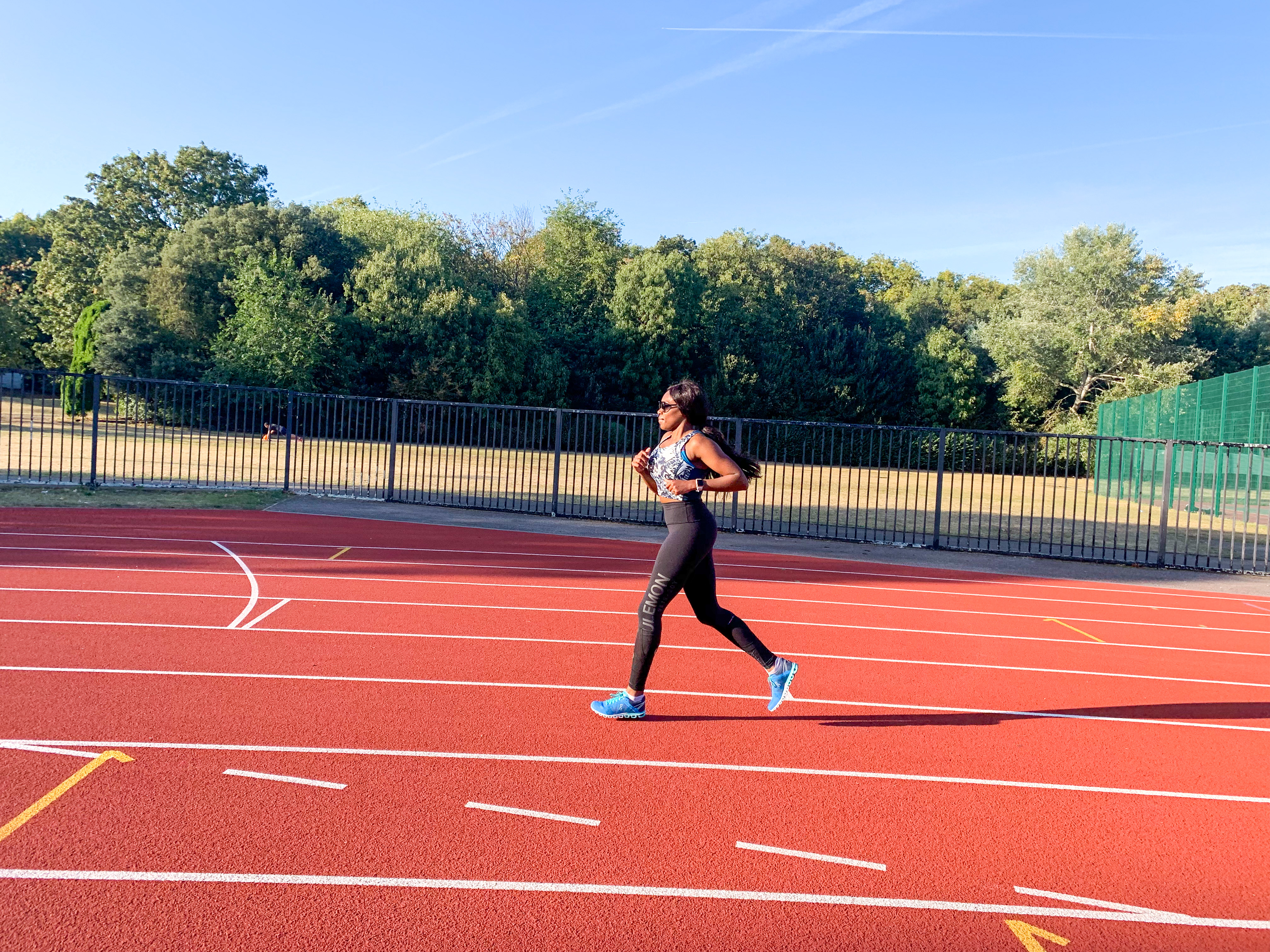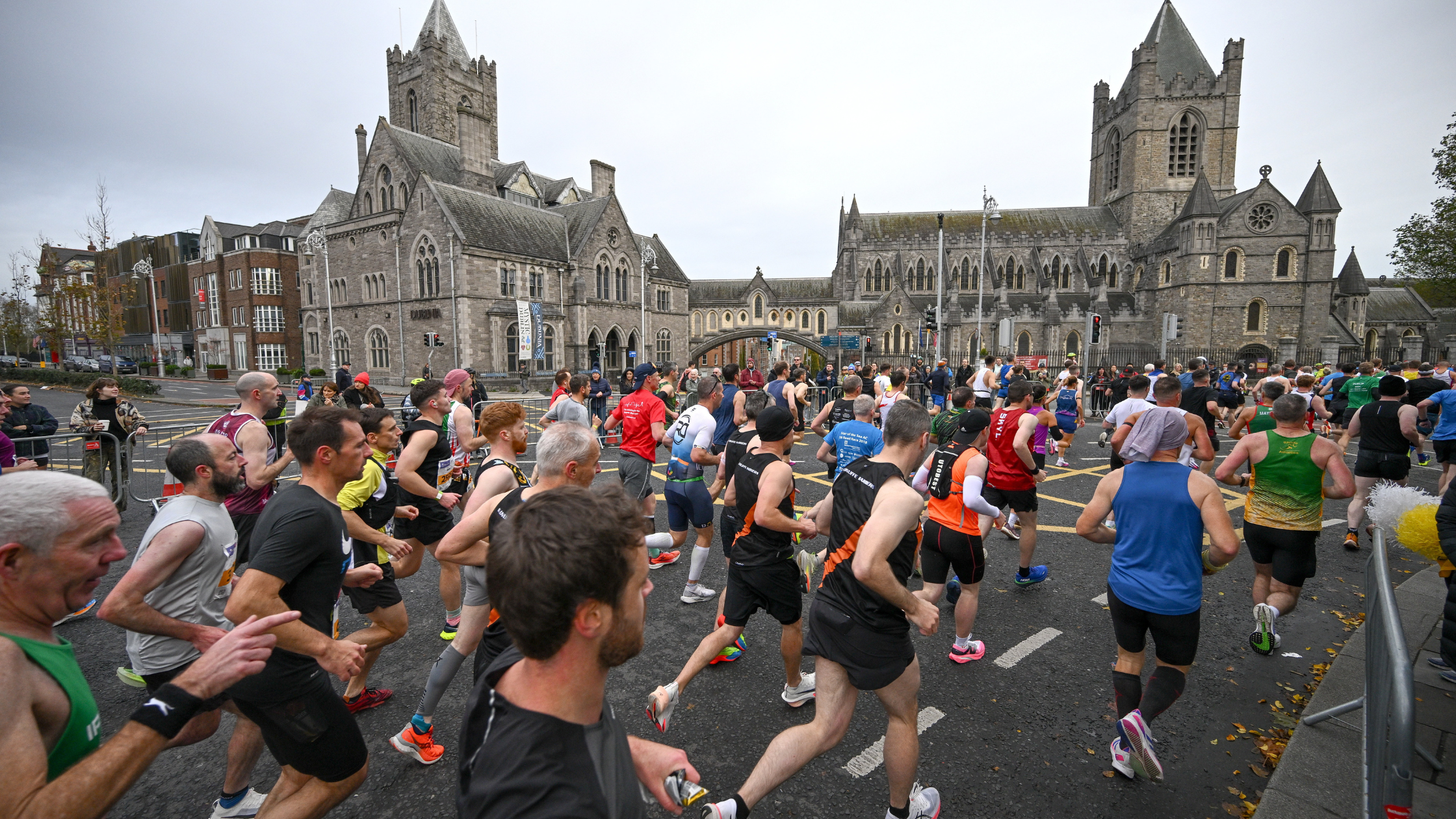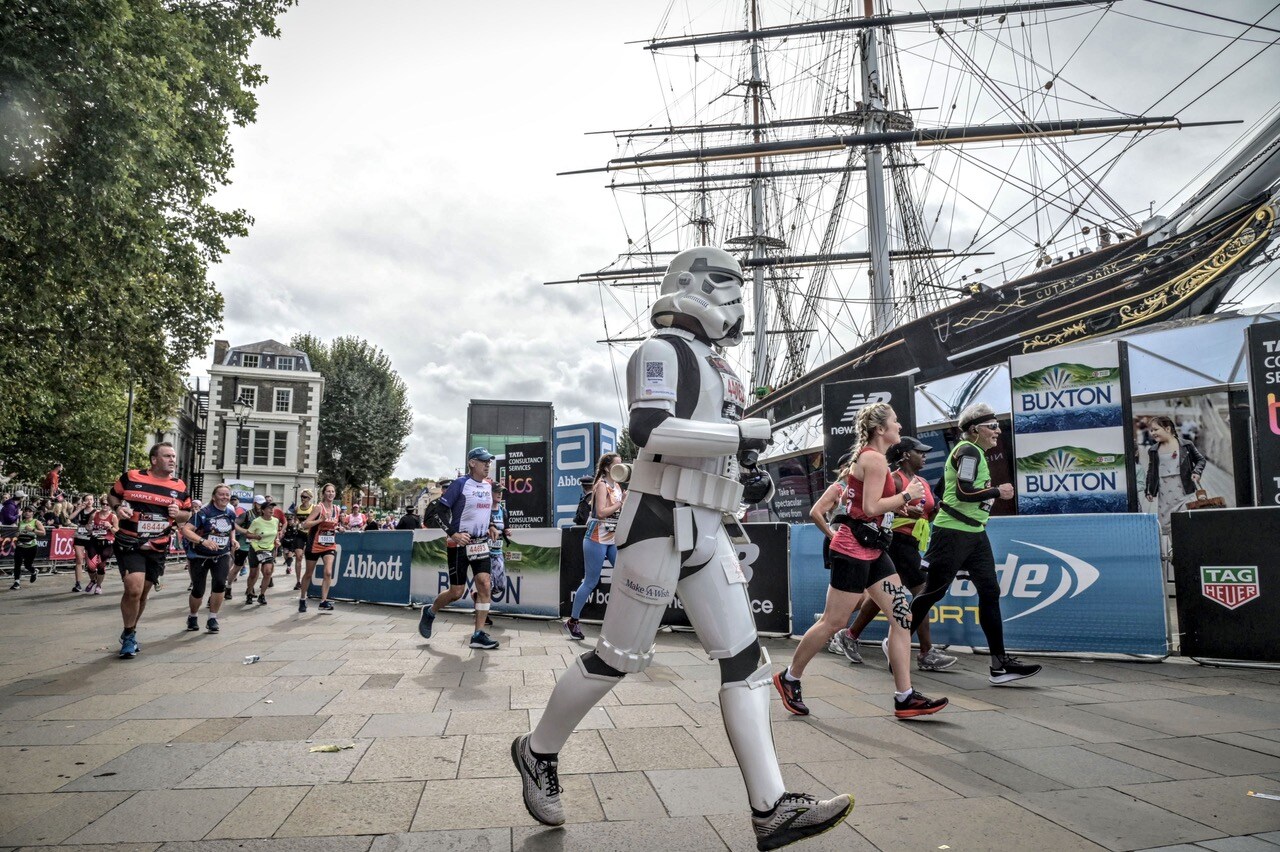Learn smart race tactics and get your approach to your race right to ensure that your 10k race goes to plan.
If you've trained well then the last thing you want is to jeopardise a good 10k performance by employing poor race tactics. Even the simplest tactical errors can potentially cost you minutes and be the source of much post race frustration.
For this reason you should approach every 10k with a race strategy. However, be prepared to be flexible as you may have to adapt your race plan on-the-go to take into account weather conditions, how you're feeling and what other runners do. With that in mind, here are some tips to help you run a smart, swift and savvy 10k.
Setting your pace
There are lots of factors that come into play when devising your race strategy, but essentially it's about getting from the start to the finish in the shortest time possible with little energy left at the end. It sounds easy on paper, but in reality it's often far from straightforward. Your pace should be based on your current level of fitness, the nature of the course and the weather conditions.
The smartest 10k runners are those who spread their effort over the duration of the race by running even or negative splits.
The smartest 10k runners are those who spread their effort over the duration of the race by running even or negative splits (where the second half of the race is run faster than the first). Approaching the race in this way means that energy is burnt most economically and will dramatically increase your likelihood of finishing in a personal best time. If you run too hard too soon, the rate at which you burn glycogen will soar, resulting in you accumulating lactate faster than you can clear it and you'll be forced to slow down.
Know the course
The profile or topography of the course could really impact on your pacing strategy so it pays to do your homework and to do some research beforehand. If there are a number of hills, particularly in the latter half of the race then you need to factor them into your pacing strategy and save some energy for them. It also helps to know if there are any tight twists and turns so that you can anticipate them in advance, particularly if you are running within a large group.
Many races will have countdown distance markers however you may want to make a mental note of the final stretch or pick out a suitable landmark so that you can time your sprint finish to perfection. If the race is being run on a circuit, you could check out the final stretch during your warm up.
Teamwork
If you know a fellow runner who is gunning for the same time as you then why not agree to team up and share the work during the race? Providing you have similar pacing strategies, you could take it in turns to lead each other for a kilometre or two at a time, while the other enjoys the benefits of drafting and therefore conserving energy.
10k teamwork can really help you to maintain pace and motivation and it’s mutually beneficial.
10k teamwork can really help you to maintain pace and motivation and it’s mutually beneficial. If however the racer in you can't resist a good old smack down, then why not agree that you'll help each other until 9k and in the final kilometre it's every man or woman for themselves!
Focus around the 7-9km mark
Even if you run a well paced race, around the 7km mark is often where it starts to bite. All too often it's at this point in a 10k where you can really start to lose concentration and allow your pace to drift if you're not careful. If you want to run a strong second half of a 10k then you need to commit and focus between 7km and 9km. If there are distance markers then it's a good idea to break the final third of the race down mentally and to just focus on one kilometre at a time. Think about maintaining a good rhythm, try to stay relaxed and maintain your form and breathing rate.
Funnily enough the last kilometre of a race will often take care of itself. Both physically and psychologically runners are pretty good at sniffing for home and will often experience a surge in positive emotions and adrenaline which alter perception of effort as they near the finish line.

